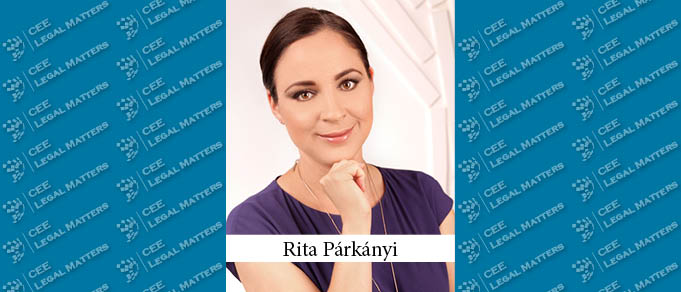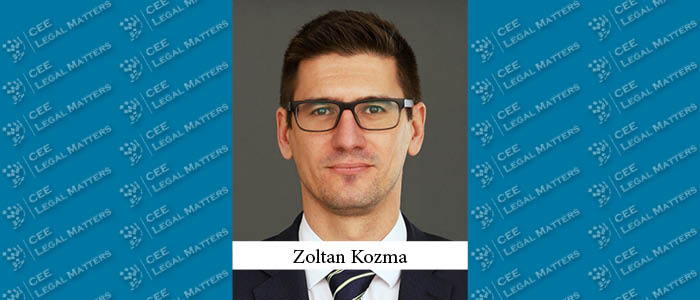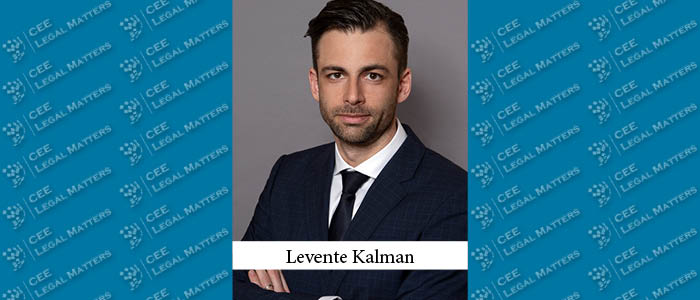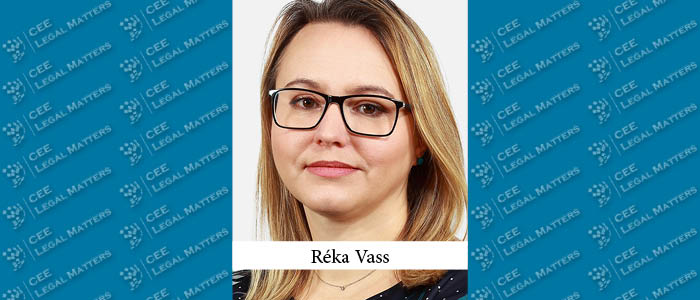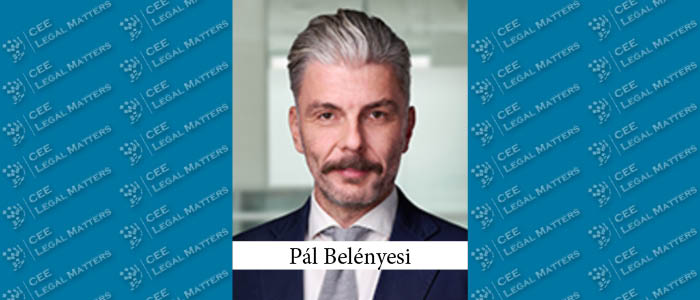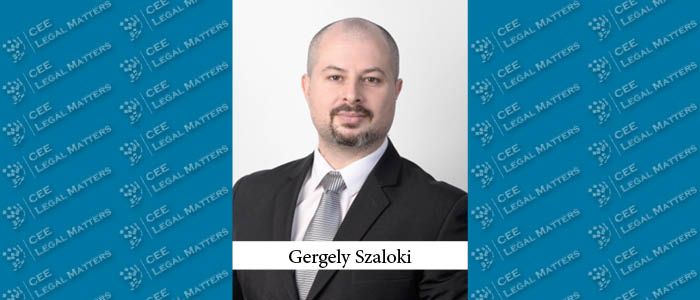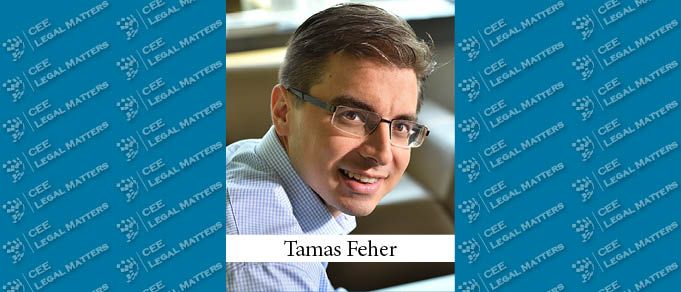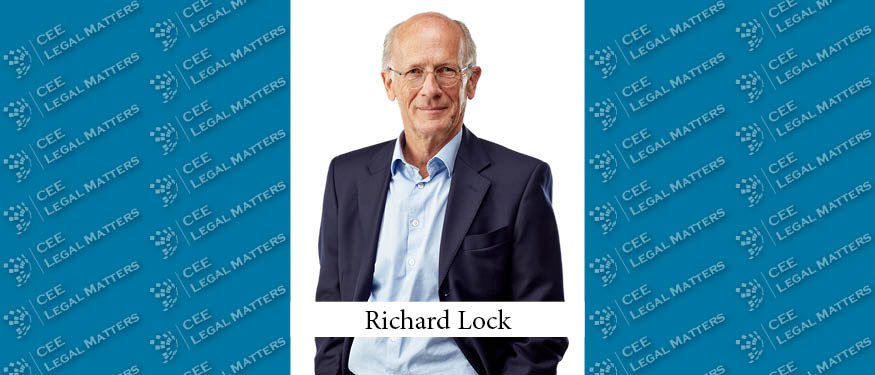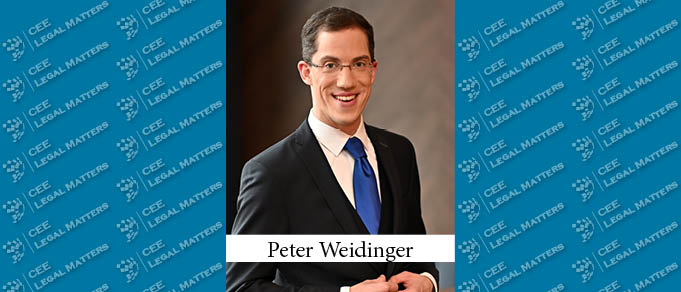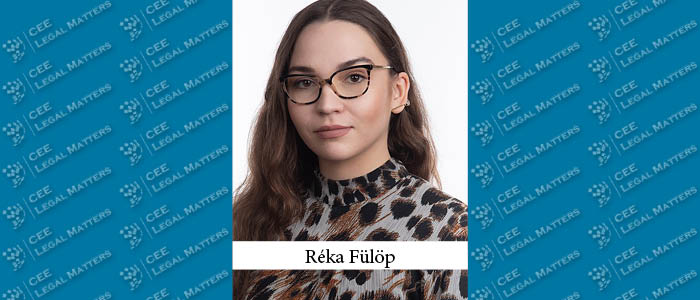EU legislation on crypto-assets is based on the EU Regulation on Markets in Crypto Assets (as known as MiCA), which is directly applicable in the Member States, including Hungary.
Zoltan Kozma Appointed Head of Intellectual Property & Technology Group at DLA Piper Hungary
Local Partner Zoltan Kozma has been appointed the new Head of the Intellectual Property & Technology group at DLA Piper in Hungary.
Keep Your Guard Up: Transforming European Defense Sectors
Across Europe, defense sectors are experiencing significant transformations and budgetary escalations, driven by a need for enhanced military readiness and modernization. Avellum Partner Andriy Romanchuk, Cobalt Partner Deividas Soloveicik, Nagy es Trocsanyi Partner Gyorgy Kiszely, and Tuca Zbarcea & Asociatii Partner Serban Paslaru take a closer look at defense spending in their respective countries.
Hungary: New Land Registration Procedure
Based on our experience and feedback from our clients, Hungary’s real estate law has already provided a very favorable legal environment for secure real estate investments. In the integrated land registration system, introduced in 1971, based on a cadastral map, real estate transactions are administered by one single decentralized organization comprising 20 regional and 119 district land offices.
The Latest Technological Advances in the Hungarian Code of Civil Procedure
The bill to amend the laws on justice was adopted by the Hungarian Parliament on 30 April 2024. The omnibus act amends a number of laws, including the Act on Notaries Public, the Act on Judicial Enforcement, the Act on the Organization and Administration of the Courts and the Code of Civil Procedure.
The European Case of Water – Quo Vadis Water Resilience?
“Water resilience” is joining AI, competitiveness and sovereignty, as a new buzzword in Brussels’ policy-making conversations. But while the latter three concepts are rather intangible, water resilience is a more concrete concept, and is also a life-threatening problem.
Ban, S. Szabo, Rausch & Partners Advises on Talentis Group's Acquisition of Brendon Holding
Ban, S. Szabo, Rausch & Partners has advised Talentis Group Zrt on its acquisition of a 100% interest in Brendon Holding Kft. Deloitte Legal reportedly advised the seller.
Taylor Wessing Advises Denkstatt on Integration with EY in Austria, Bulgaria, Romania, Hungary, and Slovakia
Taylor Wessing has advised the shareholders of the international Denkstatt Group on its integration with EY in Austria, Bulgaria, Romania, Hungary, and Slovakia. EY Law reportedly advised EY.
Gergely Szaloki Joins Wolf Theiss in Budapest
Former Schoenherr Local Partner Gergely Szaloki has joined Wolf Theiss to co-lead the firm's Banking & Finance in Budapest.
Hot Practice in Hungary: Tamas Feher on Jalsovszky's Dispute Resolution Practice
Jalsovszky's Dispute Resolution practice in Hungary is going from strength to strength according to Partner Tamas Feher, who points to long cases, significant wins, fiscal changes, budgetary pressures, and the economy's slowdown as the ultimate reasons behind their litigators staying busy.
Richard Lock Takes Over as Senior Partner at Lakatos, Koves and Partners
Lakatos, Koves and Partners has announced Richard Lock is stepping up to become Senior Partner while former Senior Partner Peter Koves becomes Partner Emeritus and Honorary Senior Partner.
New Provisions on Immediate Transfer from 1 April 2024
As of 1 April 2024, the decree of the Hungarian National Bank on the processing of payment transactions has been amended, which particularly affects the process of immediate transfers.
Hot Practice in Hungary: Peter Weidinger on Act Legal's Labor Practice
Over the past year, Act Legal Hungary’s labor practice has been fueled by recent whistleblowing legislation, according to Partner Peter Weidinger, with ESG likely bringing forth additional work in the future.
Saul vs. Harvey – From Screen to AI Lawyers
In the ever-evolving landscape of legal technology, two notable players, SauLM-7B, and Harvey AI, have emerged with the aim of revolutionizing legal assistance through artificial intelligence. SauLM-7B and Harvey AI compete for prominence in the legal tech arena, their names both carrying a subtle nod to the realm of popular TV series – from Saul Goodman's legal antics in Breaking Bad and Better Call Saul to Harvey Specter's suave maneuvers in Suits.
Are Convenience Fees Lawful?
Convenience fee is the part of our everyday life that seems to be a usually small but inconvenient price to pay for shopping online. But is it indeed a necessity? The Prosecution Service of Hungary intends to find out exactly that.
CEELM Deal of the Year Awards Banquet: And the Winner Is…
On the evening of April 25, 2024, the Deal of the Year Awards Banquet brought together, under the same roof, top-tier lawyers from Central and Eastern Europe's leading law firms in the region in Warsaw.
Can I Secretly Record a Business Meeting?
As technology advances, it becomes easier and easier to record any conversation. Today, anyone with a smartphone can easily record business meetings - even in secret. There are many reasons for making a secret recording: for some it may be a security measure to avoid disputes, for others it may be an ulterior motive to use it later. But is it legally permissible to make an audio recording in secret? And what are the consequences of using a secretly made audio recording in a civil or criminal case?
The Court of Justice Clarified the Power of the National Data Protection Authority
Based on a Hungarian case, on 14 March 2024 the Court of Justice ruled that the supervisory authority of a Member State, to ensure that the GDPR is fully enforced, may order the erasure of unlawfully processed data even if prior request by the data subject has not been submitted. Such erasure may cover data collected from the affected person and data originating from another source.

